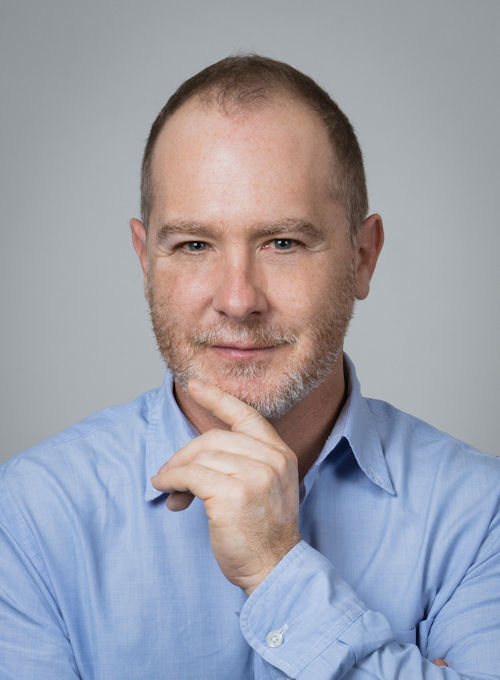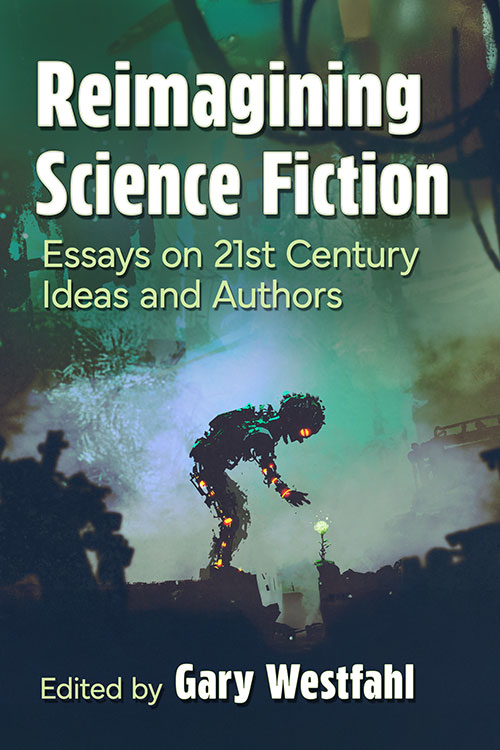- Does anyone take Jung or Freud seriously any more?
- OnlySky’s Bruce Ledewitz on the contemporary idea of “evil”;
- Robert Reich on “the worst bill in history” and fact-checking claims about tax cuts;
- How local communities fight back against ICE;
- Republicans about cuts to services: “They’ll get over it”;
- Paul Krugman on Republicans’ racist claims about Zohran Mamdani;
- Springsteen’s “Down in the Hole”.
I saw a Fb post a day or two ago — here it is, but it’s not public — that began:
My sister, who has a somewhat sentimental attachment to Jung, sent me a youtube video of a Jungian therapist explaining the rise of MAGA as a collective embrace of the American Shadow and trump as an expression of the archetype of The Fool. It makes sense, but I don’t consider it particularly useful. …
Setting aside the Trump angle, my thought was, Jung? Does anyone take his archetypes any more seriously than they do Freud’s psychoanalytic theories (id, ego, superego)? I took a psych course at UCLA and these things were discussed, but that was 50 years ago.
Meanwhile my impression has been that psychology has in recent decades finally become a science to the extent that it’s based on the evolutionary theory of mind, rather than sets of unsubstantiated hypotheses — notions, or models, without any actual clinical evidence — from armchair theorists like Jung and Freud.
On the other hand — this may well be another example of “levels of understanding” or “nested stories” that we’ve read about — presumably Freud and Jung can be broken into motivations based on evolutionary principles. Which is to say, their ideas are stories. Which might or might not be useful.
For now, let’s look at this.

OnlySky, Bruce Ledewitz, 30 Ju 2025: The future of evil subtitled “Secular culture needs its own understanding of what shapes our character.”
I just mentioned, two days ago, that morality is circumstantial. Is this also true of the notion of “evil”?
So, is “evil” also circumstantial? I would think so, since morality is.
As America and the West continue to drift away from the assumptions of Christianity, what is the future of attitudes about human evil? How will Western culture regard suffering? How will parents raise their children to enhance their humanity?
All cultures have a basic orientation to the nature of human beings and their relationship to ultimate reality. We can learn about the possibilities, and about the inheritance of today’s secular culture, by considering a few from among the spectrum of options.
The article goes on to explore different religions — which I don’t think would get us anywhere. There’s a section on how “Secular culture needs its own philosophy.” The writer goes on to consider tabula rasa, and genetic determinism. And decides,
However, science has largely discredited this approach as well. Genes may create tendencies one way or the other, but are no longer considered to give rise to inevitable destiny.
We really end up back at having to formulate a comprehensive understanding of human nature. If we don’t take this basic question seriously, we can fall into careless and harmful assumptions.
This is a question that many people are taking seriously, e.g. Steven Pinker, in HOW THE MIND WORKS and THE BLANK SLATE. And in THE BETTER ANGELS OF OUR NATURE from 2011, not completely written up here yet.
But let me check my notes. In Chapter 8 of that book there’s a section called “The Moralization Gap and the Myth of Pure Evil.” The gist is that everyone has a drive to present themselves in a positive light, thus each side in a conflict sincerely believes it is in the right. Therefore the other side is “evil.” And yet, “evildoers always think they are acting morally.”
Which is to say, evil is something assigned upon others, and to the extent humanity remains tribal — conservative — it will always seem to exist.
\\\
Short items.

Robert Reich, 30 Jun 2025: The Worst Bill in History, subtitled: “Trump’s giant budget-busting, Medicaid-shattering, shafting-the-poor-and-working-class, making-the-rich-even richer bill is a travesty.”
With answers to these questions: 1, Did the tax cuts pay for themselves?, 2, Did the tax cuts supercharge economic growth, create millions of jobs, and raise wages? and 3, Did the tax cuts benefit everyone?
No; absolutely not; heavens, no.
\\
Fighting back.

Slate, David Mack, 30 Jun 2025: Melting ICE, subtitled “As Immigration and Customs Enforcement continues their raids, local communities are finding some pretty creative ways to fight back.”
\\
“They’ll get over it.”

Slate, Heather Digby Parton, 30 Jun 2025: Not Trump’s baby: The “big, beautiful” bill’s father is really Grover Norquist, subtitled “Republicans are close to seeing their long-held fantasies realized”
\\

Paul Krugman, 30 Jun 2025: We’re All Rats Now, subtitled “Time to take a stand, again, against racism”
Concerning NYC candidate Zohran Mamdani, and this post by Stephen Miller: “NYC is the clearest warning yet of what happens to a society when it fails to control migration.”
It’s hard to adjust to how vile such statements are, now that the Trump administration’s racist attitudes have become so normalized. Do people not remember what an egalitarian society was like?
Krugman:
Scott Bessent, the Treasury secretary, declared that New York is about to turn into “Caracas on the Hudson.”
And Sen. Tommy Tuberville of Alabama basically declared New York’s voters subhuman, saying:
These inner-city rats, they live off the federal government. And that’s one reason we’re $37 trillion in debt. And it’s time we find these rats and we send them back home, that are living off the American taxpayers that are working very hard every week to pay taxes.
These reactions are vile, and they’re also dishonest. Whatever these men may claim, it’s all about bigotry.
Miller isn’t concerned about the state of New York “society.” What bothers him is the idea of nonwhite people having political power.
\\\\
Continuing my way through the late, or most recent, Springsteen albums. High Hopes is a 2014 album of “unreleased material from the past decade” and included a couple versions of previously known songs, like “The Ghost of Tom Joad.” Listening through it twice today, this is the most striking track: “Down in the Hole.”



































